Breastfeeding: More help vital, say mothers in Wales
- Published
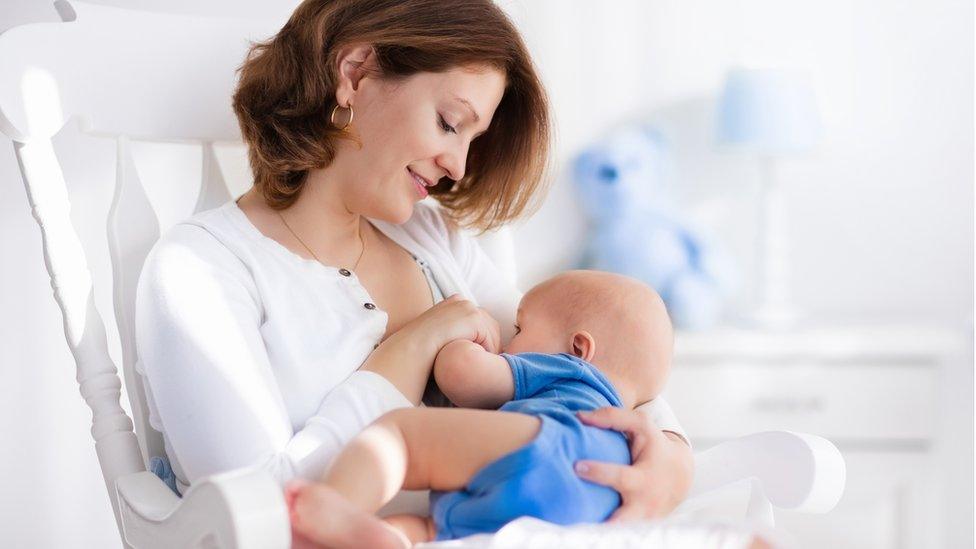
While 63.4% of new-borns are breastfed in Wales, that fell to 24.7% at six months
New mothers are urging more support in Wales for those who choose to breastfeed their babies.
There are calls for more community services funding so that mothers can breastfeed as long as possible, as well as greater education during pregnancy.
Mum-of-two Sioned Davies said: "I used to question myself a lot. 'Do I feed them enough? Do I feed them too much?'"
The Welsh government said it had a five-year action plan, with support a priority for health providers.
Sioned, from Denbighshire, had different breastfeeding experiences with both of her children.
She told Newyddion BBC Cymru that she wanted more specialist support for women after they give birth.
"The support I was given in hospital was invaluable," she said.
"However, unfortunately I don't believe we have the same service out in our communities. I've had to turn to social media accounts for advice.
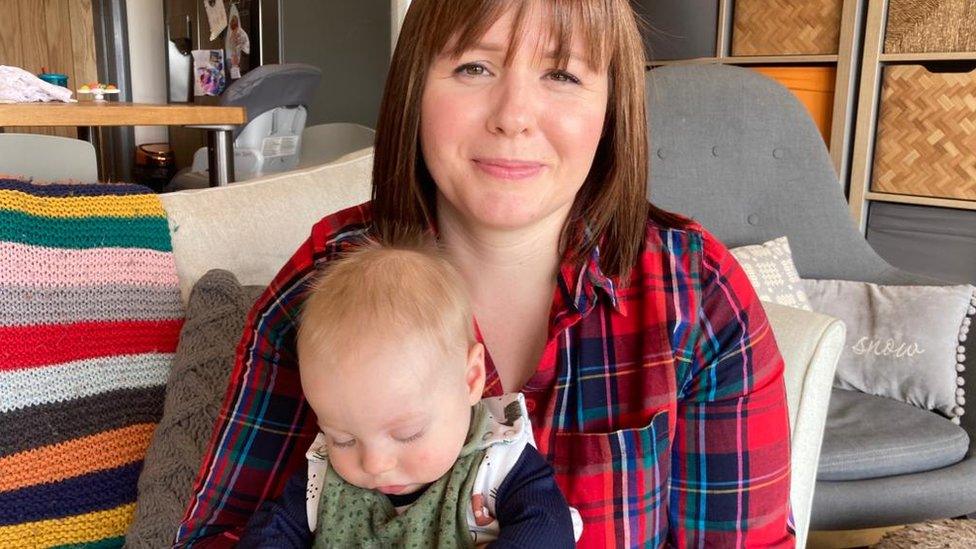
People need to be aware of both the benefits and challenges of breastfeeding, says Sioned Davies, with baby Morgan
"There are times for example in the middle of the night when you just need someone to turn to on the other end of the phone.
"Having that support is important, not just for the practical support but the emotional support a mother needs after giving birth. But midwives don't have the time to give all women the support they need, therefore we need a team that can focus on breastfeeding only."
'I'd like to see less pressure'
There were similar views at the baby yoga group in Penarth, Vale of Glamorgan, where mother-of-four Beca Ellis said: "It is difficult and we need more support.
"The advice that is given varies depending on who you go to for support. There isn't a method that just suits everyone.
"I would like to see more support and less pressure on mothers to think that there is only one solution."
Welsh government figures showed a substantial decline in the number of mothers who continued to breastfeed six months after giving birth.
Between July and September 2022, 63.4% of new-borns were breastfed, while for six-month-old babies the figure was 24.7%.
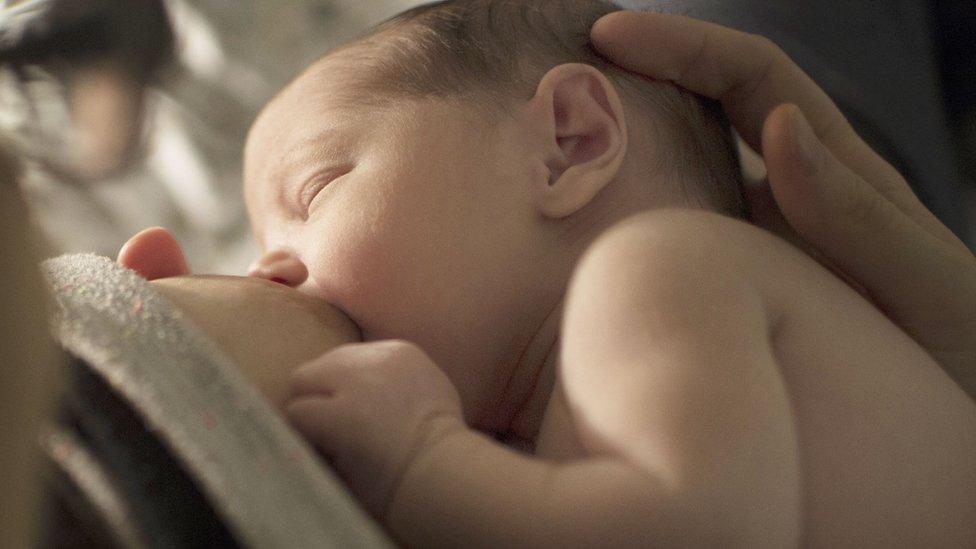
Health boards should consider each person's circumstances when providing support, says the Welsh government
Catrin Roberts, a midwife, said there was a need to educate women and encourage them to prepare during their pregnancies so that they were more ready for breastfeeding.
"Hospitals have to reach certain breastfeeding standards and an important element of that is to educate mothers during pregnancy," she said.
"Women need to be more aware of the challenges and practicalities of breastfeeding from day to day. It is important that we listen to what new mothers want because at the end of the day our aim is to encourage more new mothers to breastfeed their children."
Despite efforts to increase breastfeeding numbers, the figures have been similar over the past five years.
The Welsh government said: "Breastfeeding support continues to be prioritised by midwifery and health visiting services and health boards should consider each individual's circumstances when providing support.
"Our five-year Breastfeeding Action Plan sets out how we will support people to initiate and maintain breastfeeding, where they choose to do so."
Sioned said more funds were needed to develop breastfeeding services in the community, so that all mothers could be given adequate support to breastfeed for as long as possible.
"We need more services and we need more funds," she said.
"I'm worried that they are being funded temporarily and not in the long term.
"People need to be aware of not only the benefits of breastfeeding for the child's health, but also the emotional challenges that mothers face and the support they need whilst breastfeeding."
Related topics
- Published2 August 2022
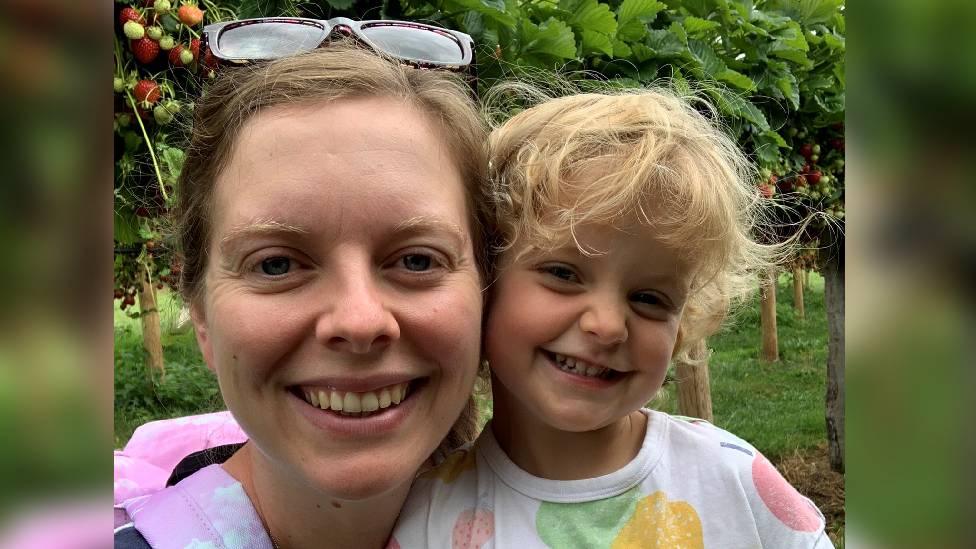
- Published4 January 2022
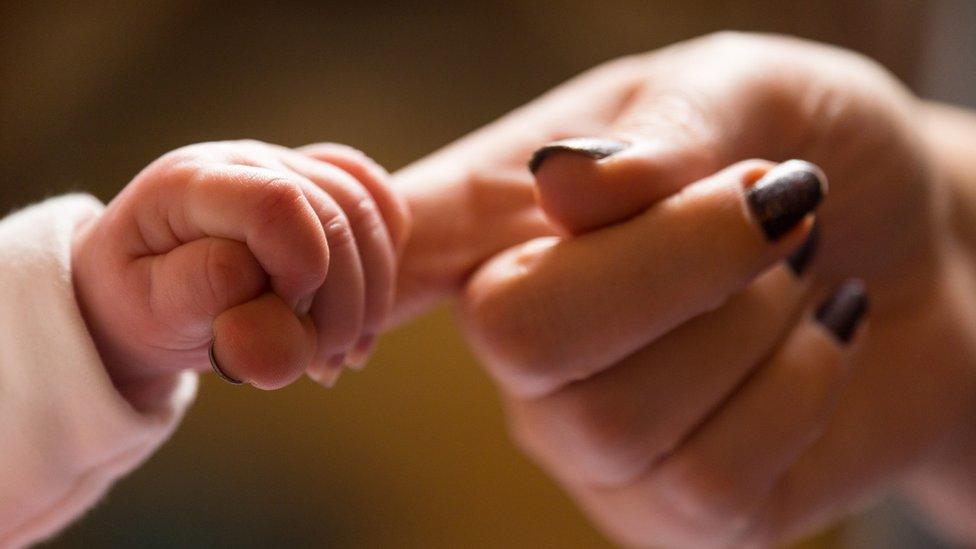
- Published5 July 2022
